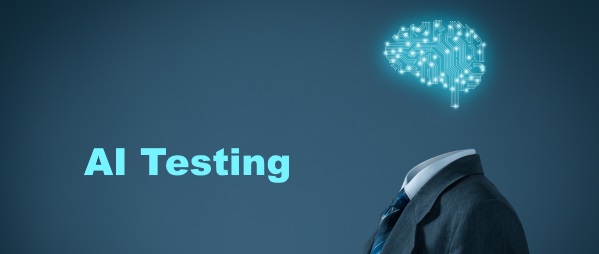Search posts by keywords:
Filter posts by author:
Related NEAT Reports
Other blog posts
posted on Sep 13, 2018 by Dominique Raviart

We recently talked with Performance Engineering, a horizontal unit within Tech Mahindra and a growth story within the firm’s testing practice: the unit’s headcount has nearly tripled in the last four years to 1.2k.
Part of this success relates to changes that Tech Mahindra has made to its service portfolio, which has expanded from a specialized testing offering (performance testing) to include project activity (performance engineering); automation (with the introduction of the equivalent of a functional testing framework called SPARTA); shift left consulting (introducing performance engineering earlier in the project lifecycle); and also shift right (monitoring of applications in production, using APM tools).
And, importantly, Tech Mahindra has made its performance testing services portfolio relevant to digital (e.g. cloud, mobile apps, and IT projects) and DevOps initiatives. While many of its recent offerings reflected an expansion towards consulting and engineering, with DevOps, Tech Mahindra has been focusing on testing and technical skills. The Performance Engineering unit introduced its CONPASS IP with the intention of providing testing services as part of the DevOps process, from continuous integration to application performance monitoring (APM).
AI-based bug and event identification along with root cause analysis
The most recent offering from the unit is around AI use cases. Earlier this year, Performance Engineering launched a new IP, IMPACTS, which identifies events and incidents and proceeds to root cause analysis. It relies on Dynatrace’s APM software technology, and is integrated with most DevOps tools to make it relevant to agile projects. IMPACTS helps to identify the topology of systems (including applications, services, processes, hosts, and data centers), and detect where anomalies created by incidents lie.
Performance Engineering is using IMPACTS beyond production, the core activity of APM: the unit is deploying it across development, testing, and production environments to find bugs in development and test environments, and the resulting incidents in production. IMPACTS has different sets of KPIs depending on the environment. At the development stage, it looks for issues such as memory leaks, garbage collection, or database threat counts. KPIs for the testing phase cover auto-scaling failures or inadequate server resources. In production, the focus of the KPIs is on items such as network bandwidth, availability, latency, user experience, and conversion factors.
Tech Mahindra highlights the need to use AI tools for handling large applications, and for correlating bugs and events across the different environments. One of the challenges of DevOps testing is that the development and testing environments are a scaled-down or incomplete replica of production environments. AI helps to extrapolate patterns found in development and testing to production.
Performance Engineering is targeting several use cases for IMPACTS, including:
- Clients with large volumes of transactions
- Clients migrating applications to the cloud or upgrading their infrastructure software and hardware
- Applications suffering from poor UX performance.
To date, Tech Mahindra has five clients using IMPACTS, including three communications service providers (U.S., U.K., and Europe), and a large bank in India. Implementation time takes up to six weeks and requires two releases of the software. Tech Mahindra Performance Engineering resells the Dynatrace application licenses but does not charge for its IP.
Priorities include more AI
Tech Mahindra’s immediate priority with IMPACTS is getting more of its clients using the platform.
The roadmap for IMPACTS includes more AI use cases. At the moment, Tech Mahindra is using the technology provided by Dynatrace as a core element. In the next few months, the unit intends to develop its own AI use cases based on open source software.
IoT will be a strong driver for developing AI use cases. Tech Mahindra is now being asked to perform machine-to-machine performance engineering work, where volumes of data and transactions far exceed what it has done in the past. AI will be a requirement for handling such complex projects. The world of performance engineering is on the verge of becoming even more complex.
